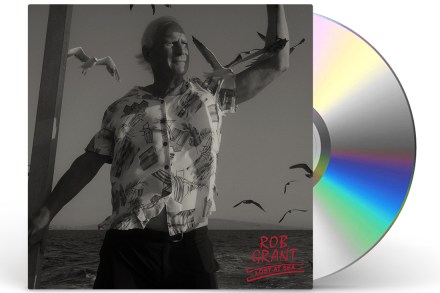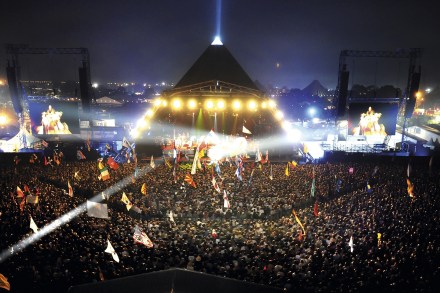Elvis Costello remains the most fascinating songwriter Britain has produced in the past 50 years
Song for song, line by line, blow for blow, Elvis Costello remains the most consistently fascinating songwriter Britain has produced in the past 50 years – an opinion which seems these days to be mostly confined to a smallish section of an ageing demographic. Certainly, Costello’s music has, as far as I can tell, proved largely resistant to TikTokification, even if Olivia Rodrigo did ‘pay homage’ (nicked, with the author’s approval) to the riff to ‘Pump It Up’ for her song ‘Brutal’. Surveying the audience at the Theatre Royal on the opening night of a UK tour with his long-term foil Steve Nieve, these would appear to be mostly the





